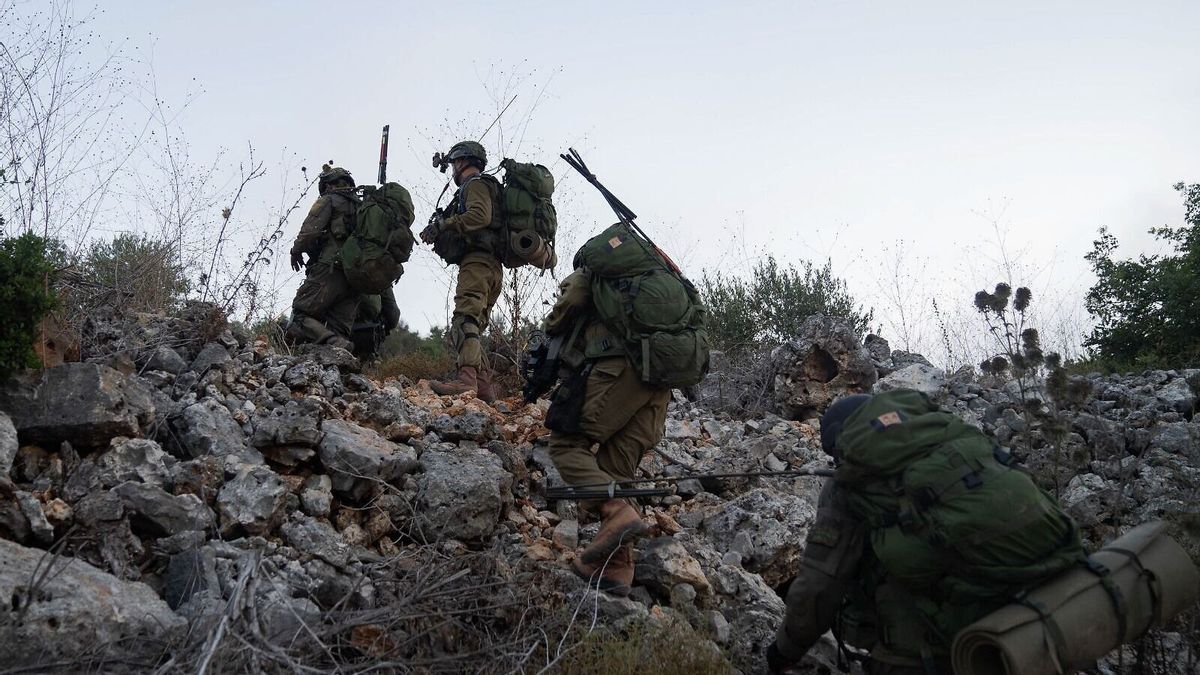JAKARTA - The United States does not support an escalation between Israel and Hezbollah, as cross-border attacks between the two sides continue after nearly 500 people died in Lebanon on Monday.
Israel's attack on Hezbollah's target in southern Lebanon was met by the militant group by attacking military facilities in northern Israel on Tuesday.
Israel Defense Forces (IDF) claims it attacked dozens of Hezbollah targets on Monday night.
Meanwhile, Hezbollah claims to target several Israeli military targets, including an explosives plant positioning 60 kilometers inside Israeli territory on Fadi's rocket on Tuesday morning, after previously targeting the Megiddo airfield three times at night.
Israel's attack on Monday, which left 492 people dead and tens of thousands displaced in Lebanon, left the United States and allies and partners discussing concrete ideas to prevent the spread of war.
Israel said the recent increase in airstrikes against Hezbollah's targets in Lebanon was designed to force the group to approve a diplomatic solution.
However, US State Department officials, who briefed reporters in New York on condition of anonymity, dismissed the Israeli position, saying President Joe Biden's administration focused on "reducing tensions and breaking the cycle of counterattacks."
"I don't remember, at least in recent memories, the period during which escalation or intensification leads to a fundamental de-escalation and leads to a stabilization of the deep situation," the official said.
When asked if it was an disapproval of Israel's stance, the US official nodded.
The ever-increasing conflict on Israel's northern border with Lebanon became the focus of Foreign Minister Antony Blinken on the sidelines of this week's UN General Assembly.
Washington has a "concrete idea" to prevent a wider war and will seek a "way out" from tensions, the official said.
SEE ALSO:
"This is the evolution of the discussions that are the basis we are trying to base some practical and concrete steps that will have a good chance of reducing tensions and really gaining traction," he explained.
When asked if Washington believed Israel was preparing for a land invasion of Lebanon, the US official refused to answer with certainty.
"We clearly don't believe the land invasion into Lebanon will contribute to reducing tensions in the region," he said.
The English, Chinese, Japanese, Arabic, and French versions are automatically generated by the AI. So there may still be inaccuracies in translating, please always see Indonesian as our main language. (system supported by DigitalSiber.id)


















